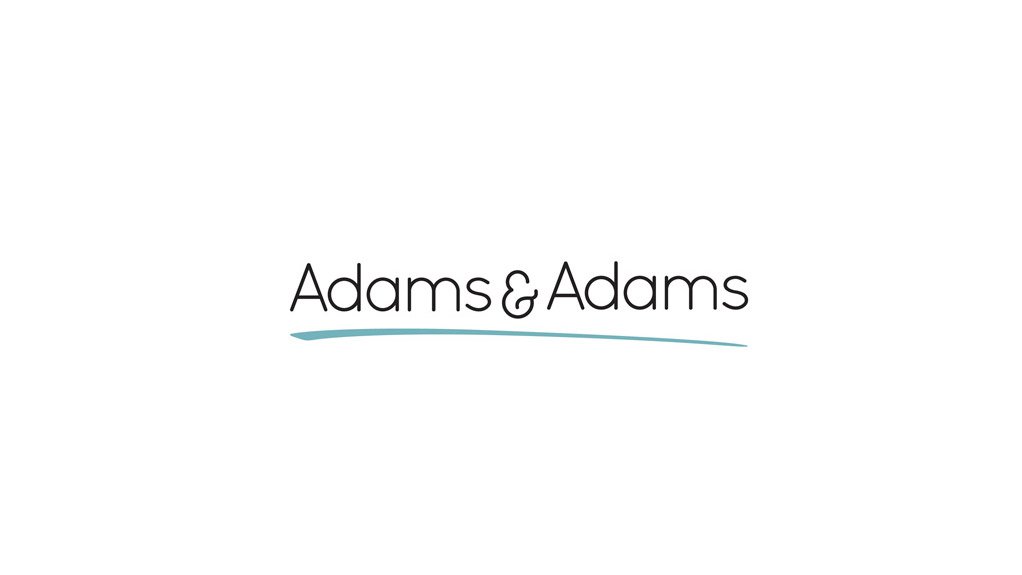The Department of Transport has recently published a revised version of the Road Accident Fund Benefit Scheme Bill in the Government Gazette on 9 May 2014. Interested persons are invited to submit comments within 60 days of the publication. An earlier version of the Bill was published for public comment on 8 February 2013. Following receipt of public comments, the Bill was redrafted.
The new Bill provides for a no-fault benefit scheme and a new Administrator called the Road Accident Benefit Scheme Administrator (“RABSA”), which will replace the current Road Accident Fund (“RAF”). RABSA intends moving away from an insurance based system, which has been in operation in South Africa for many years, to a system of defined and structured benefits. An insurance based system endeavours to place the victim of a motor vehicle collision in the same position financially he/she was before the accident.
Prior to 1997, South Africa was governed by a system of compulsory motor vehicle accident insurance. Individuals were required to secure private insurance for physical damage and/or bodily injury arising from traffic collisions and against liability that could arise there from.
This system was replaced by the Road Accident Fund, a state insurer established by a statute. It provides insurance cover to all drivers of motor vehicles in South Africa in respect of liability incurred or damage caused as a result of a traffic collision. Liability incurred in relation to property damage (such as damage to vehicles, buildings, vehicle contents) is excluded from cover. The Road Accident Fund operates a system whereby the claimant is assigned a percentage of responsibility for the accident, and the Road Accident Fund pays the claimant a settlement according to the percentage that was not deemed to be their responsibility. Insurance premiums are collected by the Road Accident Fund through a levy on motor vehicle fuel. The Act was later amended, as it was unsustainable. It allowed for uncapped loss of income / support claims for both locals and foreigners, resulting in the RAF being sued for millions of Rands. Claimants were also automatically entitled to general damages for pain and suffering, loss of amenities of life, etc, and were fully reimbursed for past medical expenses on private tariffs.
The Amendment Act, currently in place is a more affordable and sustainable system. Claimants’ rights have been drastically reduced under the new system. Claims for loss of income / support are capped resulting in a considerable reduction in the value of claims. Claimants are also only entitled to general damages for pain and suffering, loss of amenities of life, etc, in cases where their injuries are regarded as serious in terms of the American Medical Association guides. The Amendment Act also takes away a claimant’s common law right to sue the wrongdoer for any damages resulting from bodily injury which cannot be recovered from the RAF.
Unfortunately the administration or the lack thereof in the RAF, is as in most government departments, in dire straits. A large percentage of the fuel levy is expended on administrative costs and does not reach the victims of motor vehicle collisions, which it is intended for.
The Department of Transport now wishes to further reduce the rights of claimants by introducing RABSA. Government should not hoodwink the public into believing this further amendment is to serve their best interests. The amendment is designed to serve no other interest than that of government. The new Bill will result in victims facing huge bills, receiving little or no compensation and not being able to claim damages other than the defined and structured benefits RABSA allows for.
RABSA further reduces claimants’ rights as follows:
- General damages for pain and suffering, loss of amenities of life, etc, is excluded;
- Foreigners are only entitled to emergency health care expenses;
- The right to sue the common law wrongdoer for damages not provided for by the Administrator is excluded;
- The Administrator is not responsible to contribute to the costs of a claimant i.e. legal or medical costs to prepare and submit a claim or lodge an appeal;
- The administrator allows for an internal appeal, which decision is final;
- Claims for loss of income are drastically reduced. A distinction is drawn between temporary and permanent injury:
Temporary injury –
- A claimant is sent for a medical assessment, at his/her own cost, to determine whether the time off work is justified. A claimant is then compensated through a complex formulae of defined and structured benefits for the period off work. The formulae does not take into account: loss of future promotions, early retirement, loss of productivity, chances of future surgery, the working environment of the claimant and the fact that a claimant seriously injured is an unequal competitor in the open labour market.
Permanent injury –
- A claimant is also sent for a medical assessment, at his/her own cost, to determine whether the claimant is permanently injured. A claimant deemed to be permanently injured, is then once again compensated through a formulae of defined and structured benefits. Claimants are paid on a monthly basis and are not entitled to lump sum awards. No provision is made for inflationary increases in monthly payments. Payments also terminate on the death of the beneficiary, resulting in dependants of claimants being left destitute.
RABSA results in the Administrator becoming the proverbial judge, jury and executioner, at the cost of the public, who will ultimately fund the Administrator through a levy provided for in the Customs and Excise Act. If the proposed Bill is approved, cash strapped victims will face insolvency due to administrative bungling within the RAF, which has instigated the new Bill.
Written by Jean-Paul Rudd, partner at Adams & Adams
EMAIL THIS ARTICLE SAVE THIS ARTICLE
To subscribe email subscriptions@creamermedia.co.za or click here
To advertise email advertising@creamermedia.co.za or click here











